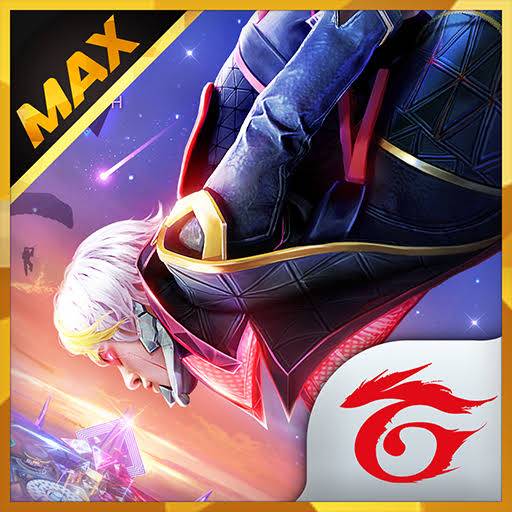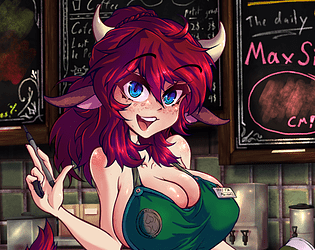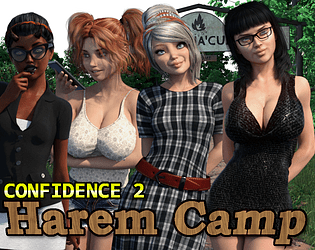The news that Warner Brothers has pulled its entire catalog of original Looney Tunes shorts from HBO Max is a bitter pill to swallow for animation enthusiasts. These iconic shorts, which were produced from 1930 to 1969, represent the "golden age" of animation and played a pivotal role in shaping Warner Brothers into the entertainment giant it is today.
According to Deadline, this move is part of a broader strategy to focus on adult and family programming, as children's content reportedly doesn't drive significant viewership on the platform. This decision seems to disregard the cultural significance of the Looney Tunes series. It's a stark contrast to their previous commitments, such as ending their deal with Sesame Street at the close of 2024, a series that has been fundamental to early childhood education since 1969. While some newer Looney Tunes spinoffs continue to be available on HBO Max, the essence of the franchise has been lost.
This development is particularly puzzling given the recent release of the new Looney Tunes film, "The Day the Earth Blew Up: A Looney Tunes Story," which hit theaters on March 14. Originally commissioned by HBO Max, the film was sold to Ketchup Entertainment after the Warner Brothers and Discovery merger. The film's distribution by a smaller company with a limited marketing budget resulted in modest box office earnings of just over $3 million during its opening weekend across more than 2,800 theaters nationwide.
The timing of these decisions is curious, especially in light of the backlash over last year's handling of "Coyote Vs. Acme." Warner Brothers Discovery chose not to release the completed film, citing high distribution costs. This decision sparked widespread criticism from the artistic community and animation fans. In February, actor Will Forte expressed his frustration, calling the decision "f—king bulls—t" and saying it made his "blood boil" due to its inexplicability.
It seems that had there been more awareness about "The Day the Earth Blew Up," it might have drawn larger audiences, fueled by the public's discontent with the treatment of "Coyote Vs. Acme."









